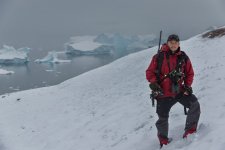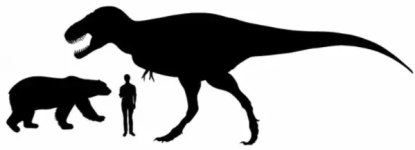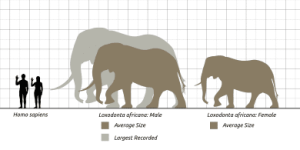"Obvious" to you maybe because you steered it in that direction. You are the only one I have seen that insists that the idea is to hunt down dinosaurs.
What can I say, I'm a skeptical guy, especially when people are pushing bullshit to promote idiotic social agendas.
As for your theoretical arctic expeditions, I'd be interested in any actual source to support the idea that guns are or should be your primary strategy for polar bear defense.
For some actual advice on dealing with polar bears, try:
Note that although all of these sources acknowledge a possible a possible
role for firearms, they also treat this as the least effective means of keeping yourself safe in the Arctic. The public, not biologists, are the ones obsessed with rifles as bear defense, and the prevalence of guns in the north country is as much a problem as it is a solution, especially for someone concerned about ecological questions. You want to be smart, don't get into a bad situation to begin with. There are more than four million people living in the arctic, and three or four of them are seriously attacked by polar bears each year - literally, a one-in-a-million chance. If you're the one in a million, you have already made mistakes, and the gun is likely among those mistakes unless you are very good with it and more than a bit lucky. If you are, you may still find yourself in hot water with the law, and I certainly won't think much of you. So-called "defense kills" are way out of proportion with the number of human kills by bears, and many believe predation
by humans to be the most significant threat polar bears face in the wild today.
Not the other way around.



